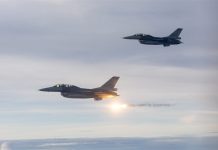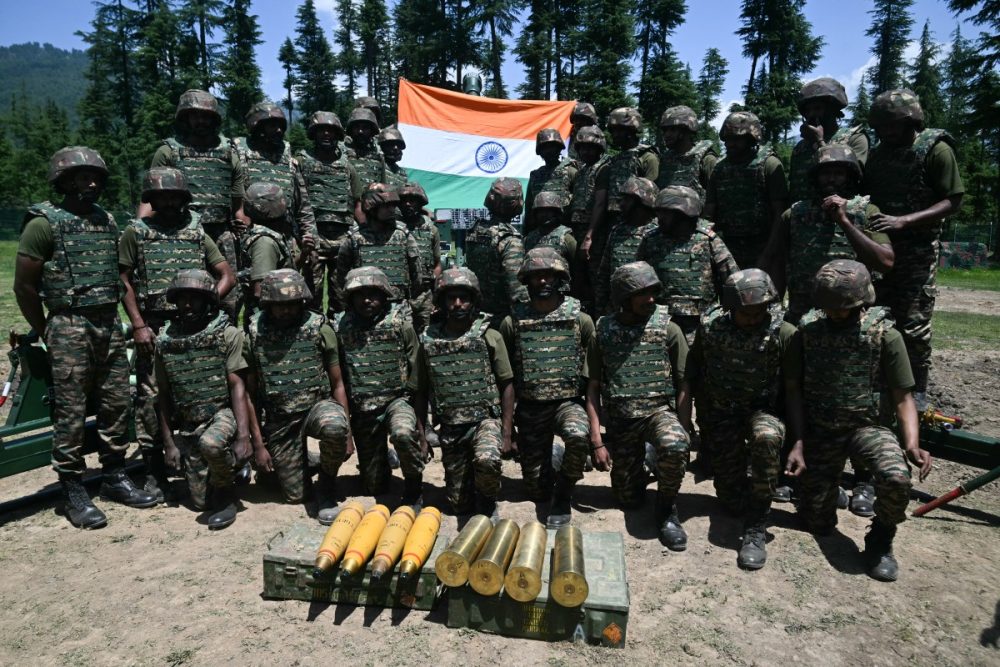US Secretary of State Mike Pompeo played a “vital role” in de-escalating tensions between India and Pakistan, a top State Department official said. India-Pakistan tensions soared after the Pulwama attacks in Jammu and Kashmir which killed over 40 Indian CRPF soldiers.
Hafiz Saeed led Jamaat ud Dawah Officially Banned in Pakistan
State Department deputy spokesperson Robert Palladino, during his bi-weekly news conference in Washington DC on Tuesday, said, “Secretary Pompeo led diplomatic engagement directly, and that played an essential role in de-escalating the tensions between the two sides.
He spoke with leaders in both countries, and that included the Indian Minister of External Affairs Swaraj, National Security Advisor Doval, and Pakistani Foreign Minister Qureshi.”
The State Department again urged both the sides to continue taking steps to defuse tensions in the aftermath of the February 14 Pulwama attack. Tensions between India and Pakistan have been at an all-time high following Indian incursions into Pakistani airspace and subsequent downing of two Indian aircraft by Pakistan Air Force.
India-Pakistan Navy Clash Erupts; Indian Submarine Enters Pakistani Waters
“Our position – the position of the United States is we continue to urge both sides to continue to take steps to de-escalate the situation, and that includes through direct communication,” Palladino said.
“And we believe strongly that further military activity will exacerbate the situation,” he added. The spokesperson informed reporters that the US has been in continuous high-level contact with the two countries, with “a lot of private diplomacy going on right now.”
“That’s with both governments via our embassies in New Delhi and Islamabad, as well as with the Indian and Pakistani embassies here in Washington. That has been sustained, that’s been ongoing, and – sometimes we do public diplomacy and sometimes there’s a time for private diplomacy, and there’s a lot of private diplomacy that’s going on right now.”
More News at EurAsian Times
- Indian Military Base in Sabang can Strangle China at the Strait of Malacca
- Why is Japan Unhappy with Bullet Train Project in India?
- Is Saudi-UAE Alliance Working to Weaken the Gulf Cooperation Council?
- India-Japan Defence Partnership Aggressively Countering China
- Oman-UAE Relations Deteriorate; Muscat Warns Against Testing Patience




